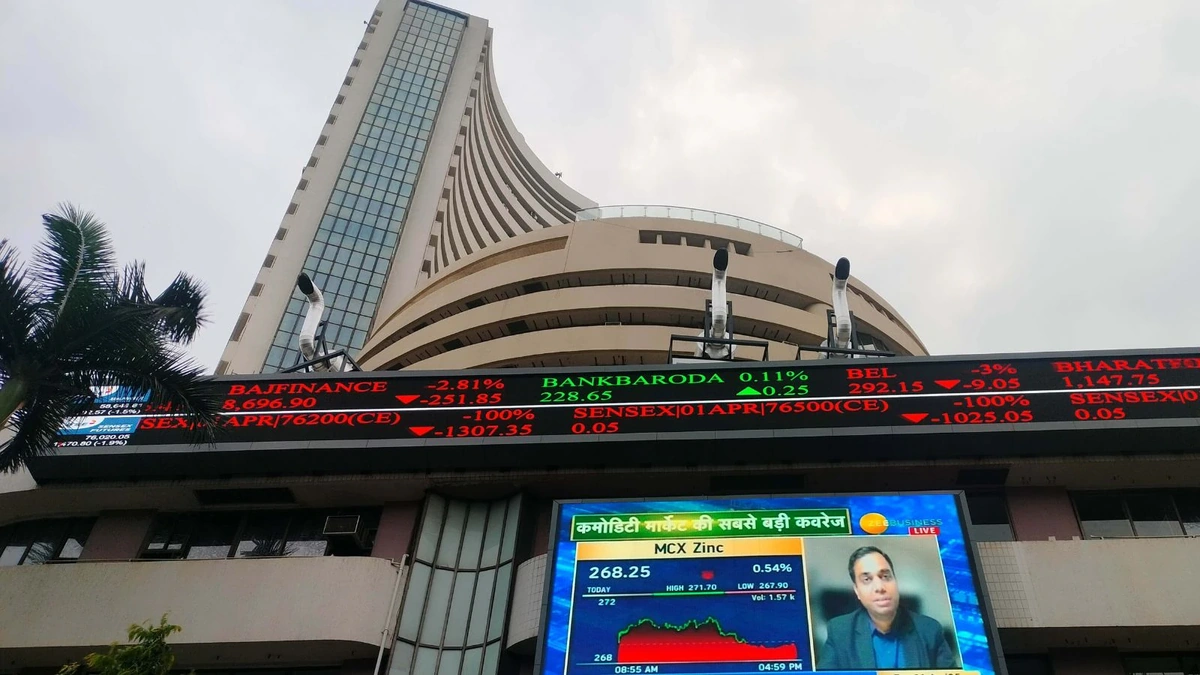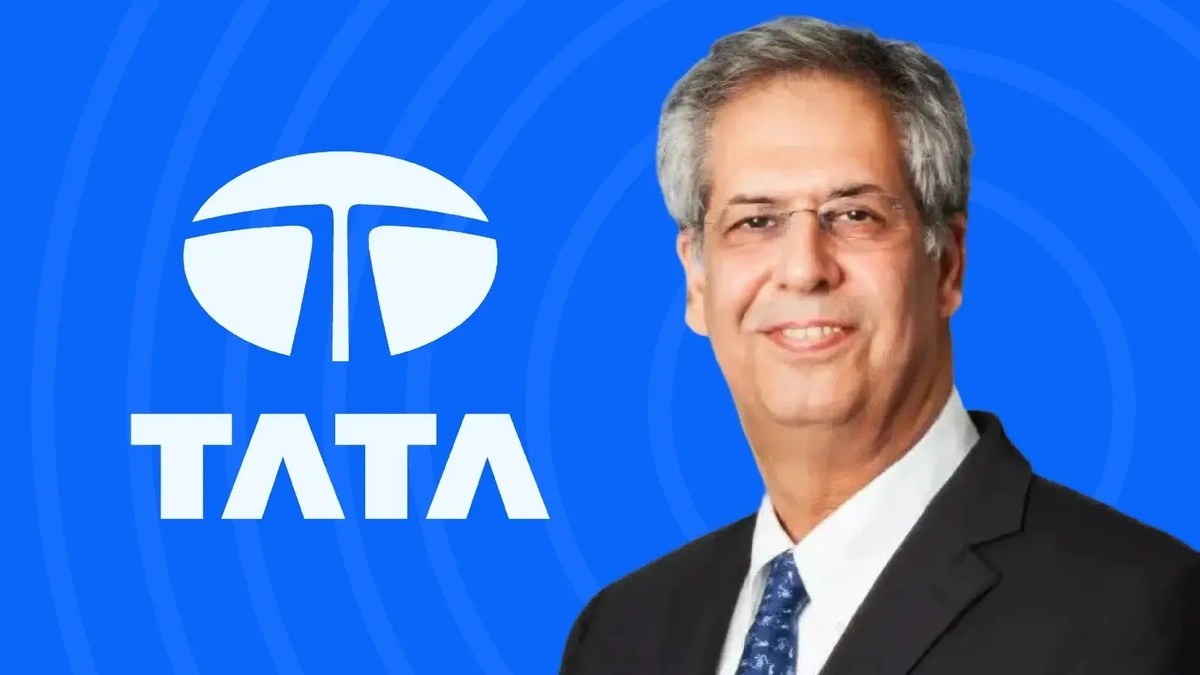China Imposes Stricter Export Controls on Key Rare Earth Materials
So, China’s tightening the reins on rare earths exports. Sounds like a headline, right? But here’s the thing: this isn’t just about trade; it’s a chess move with global implications, especially for India. Let’s dive into why this matters way more than you probably think.
The “Why” | A Geopolitical Tightening Grip

Why now? Why rare earth elements ? Well, these materials are the unsung heroes of modern tech. From your smartphone to electric vehicles, from wind turbines to missile systems, they’re crucial. China dominates the rare earth metals market. This control isn’t just about profit; it’s about power. The stricter export controls ostensibly for national security allow China to subtly (or not so subtly) influence other nations’ tech and defense industries. Imagine a scenario where accessing these vital materials becomes significantly harder or more expensive. That ripple effect? Huge. As Wikipedia explains, their uses are varied and critical.
India’s Balancing Act | Reducing Dependency
India, with its ambitious manufacturing and technology goals, finds itself in a tricky spot. The country is actively trying to boost domestic manufacturing through initiatives like “Make in India”. But here’s the catch: many of these industries rely on a steady supply of rare earth minerals . What fascinates me is how India navigates this. It needs these materials to grow its own tech and defense sectors, but it doesn’t want to be over-reliant on a single source, especially one with whom geopolitical tensions exist. It’s a tightrope walk, let’s be honest. One strategy is boosting domestic exploration and mining. India has significant rare earth reserves , but exploiting them efficiently is the challenge. There are also efforts to diversify supply chains, seeking partnerships with countries like Australia and the US.
The “How” | Building a Resilient Supply Chain
So, how does India build a more resilient supply chain? It’s not a simple fix. First, aggressive investment in domestic mining and processing capabilities is key. Let me rephrase that for clarity: India needs to become less reliant on imports. This requires not just capital but also technology and environmental safeguards. Second, international collaborations are essential. Securing long-term supply agreements with other nations can buffer against potential disruptions. I initially thought this was straightforward, but then I realised the political complexities involved. These partnerships aren’t just about trade; they’re about strategic alliances. Third, investing in research and development for alternative materials is crucial. Can we find substitutes for some of these critical minerals ? That’s the million-dollar question. A common mistake I see people make is underestimating the time and resources needed for these initiatives. It’s a long game, not a quick fix.
Impact on Key Industries
The impact of these export controls will be felt across several Indian industries. The electric vehicle (EV) sector, for example, relies heavily on rare earth magnets for motors. Any supply disruption could slow down EV adoption. The renewable energy sector, particularly wind turbines, also uses these materials. And then there’s the defense sector, where precision-guided missiles and other advanced systems depend on rare earths. Here’s the thing: these aren’t just abstract concerns. They translate into real-world implications for India’s economic growth and national security. What fascinates me is the interconnectedness of it all. You can view Man Industries as a prime example of how global events can influence local businesses.
What’s the Long Game?
Ultimately, China’s move forces India to accelerate its efforts to secure its own rare earth supply chain. But, it is important to think about alternative strategies. And, this could involve a mix of domestic production, international partnerships, and technological innovation. A common mistake I see people make is focusing too much on one solution. Diversification is the name of the game. What fascinates me is the potential for India to become a significant player in the rare earth processing sector. It has the resources, the talent, and the need. It just needs the right policies and investments. It also underlines the importance of resource security in the 21st century. It’s not just about oil and gas anymore; it’s about the materials that power the technologies of tomorrow. And the country can consider investment in credit schemes to further enhance local production and manufacturing.
FAQ
Frequently Asked Questions
What exactly are rare earth materials?
Rare earth metals are a set of seventeen chemical elements in the periodic table. Despite their name, they aren’t necessarily rare, but extracting and processing them can be complex.
Why are they so important?
Because they’re used in a wide range of technologies, including electronics, renewable energy, and defense systems.
Is India completely dependent on China for rare earths?
Not completely, but a significant portion of India’s rare earth needs are currently met through imports, with China being a major supplier.
What is India doing to reduce its dependence?
India is focusing on increasing domestic production, securing international partnerships, and investing in R&D for alternative materials.
Could this affect the price of electronics in India?
Potentially, yes. If the supply of critical rare earth elements becomes constrained, it could lead to higher prices for products that use them.
What role does technology play in all this?
Technology is crucial for efficient mining, processing, and finding alternative materials. It’s also key for developing industries that use these materials.













